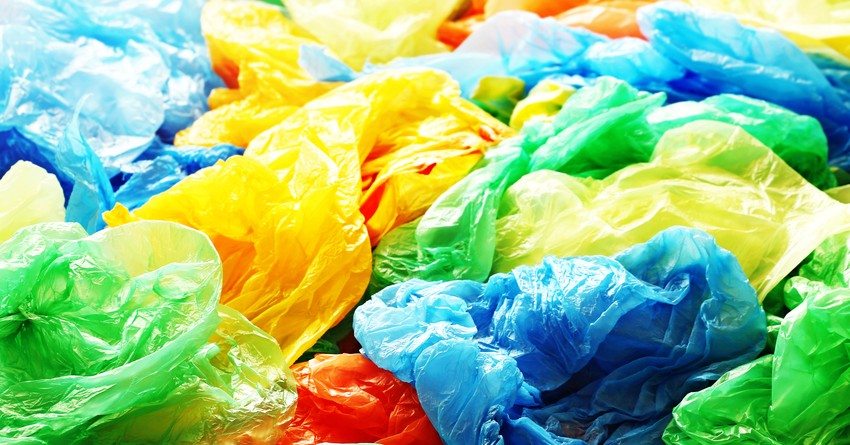Scientists Stumble Across a Plastic Devouring Enzyme
In less than a century of manufacturing, plastics have become essential to modern society, driven by their incredible versatility coupled to low production costs. It is, however, now widely recognized that plastics pose a dire global pollution threat, especially in marine ecosystems, because of the ultralong lifetimes of most synthetic plastics in the environment.
Now, similar to the urmm “birth” of powerpuff girls, scientists have chanced upon a mutant enzyme capable of breaking down PET plastics in lab. They have “accidentally” engineered a natural enzyme found in a Japanese waste recycling plant to eat plastic waste.
According to the scientists from the UK’s University of Portsmouth and the US Department of Energy’s National Renewable Energy Laboratory (NREL), the enzyme, Ideonella sakaiensis 201-F6, degrades polyethylene terephthalate (PET), the material used to make plastic bottles and other crap.

The researchers are now working on improving the enzyme further to allow it to be used industrially to break down plastics in a fraction of the time.
Professor McGeehan, Director of the Institute of Biological and Biomedical Sciences in the School of Biological Sciences at Portsmouth, said
: “Few could have predicted that since plastics became popular in the 1960s huge plastic waste patches would be found floating in oceans, or washed up on once pristine beaches all over the world.“We can all play a significant part in dealing with the plastic problem, but the scientific community who ultimately created these ‘wonder-materials’, must now use all the technology at their disposal to develop real solutions.”
Prof John McGeehan at Portsmouth and Dr Gregg Beckham at the NREL initially solved the crystal structure of a recently-discovered natural enzyme that digests PET known as “PETase”. Enzymes are a form of protein that act as catalysts in biochemical reactions.
The scientists generated 3-D imagery to understand how the enzyme works. During this work, they inadvertently engineered an enzyme that is even better at degrading the plastic than the one that evolved in nature. PETase is thought to have evolved in a waste recycling centre in Japan, which allowed a bacterium to degrade plastic as a food source.
Key to the breakthrough were observations that, at this high resolution, PETase appears very similar to the enzyme cutinase, but with a few notable differences. One of these was a more open active site that better allowed it to accommodate manmade polymers instead of natural variants.
The team set out to determine how the enzyme evolved and if it might be possible to improve it. The goal was to determine its structure, but ended up going a step further and the team accidentally engineered an enzyme which was even better at breaking down PET.
“Serendipity often plays a significant role in fundamental scientific research and our discovery here is no exception,” said McGeehan. “Although the improvement is modest, this unanticipated discovery suggests that there is room to further improve these enzymes, moving us closer to a recycling solution for the ever-growing mountain of discarded plastics.”
“Many people don’t realize that when they put their plastic bottle in a recycling bin, it’s very rarely made into a plastic bottle,” John McGeehan from the University of Portsmouth’s School of Biological Sciences, told Newsweek. “It’s normally downscaled and becomes something of less value.”
“So, what we’re hoping to do with this enzyme, is turn the plastic into its original components so that it can be properly reused in a circular economy. This would avoid the need to drill for more oil and it would decouple the whole oil to plastic scenario that we have,” he said.
Industrial enzymes are widely used in, for example, washing powders and biofuel production, They have been made to work up to 1,000 times faster in a few years, the same timescale McGeehan envisages for the plastic-eating enzyme. A patent has been filed on the specific mutant enzyme by the Portsmouth researchers and those from the US National Renewable Energy Laboratory in Colorado.
One possible improvement being explored is to transplant the mutant enzyme into an “extremophile bacteria” that can survive temperatures above 70C, at which point PET changes from a glassy to a viscous state, making it likely to degrade 10-100 times faster.






























